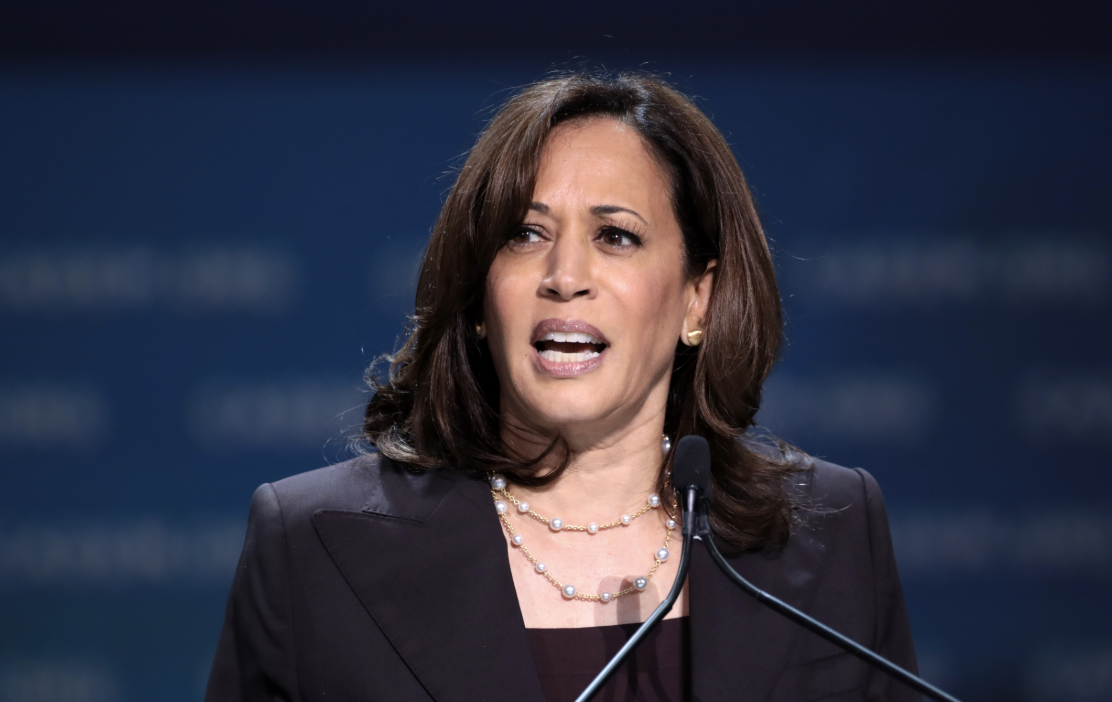Harris’ Post-Election Fundraising Sparks Worries Among Democrats: ‘Erodes Trust’

Although the 2024 presidential race has concluded with Donald Trump decisively defeating Vice President Kamala Harris, her ongoing fundraising efforts are raising red flags among some Democrats.
According to Politico, Harris' campaign has continued sending urgent fundraising emails, even weeks after the election. These appeals, mirroring the tone of pre-election messaging, have left some party members uneasy.
One email sent out two weeks post-Election Day emphasized, “Even a quick donation of $50 is enough to help us in this fight.” It added urgency by stating, “With only hours left to hit our goal today, NOW is the best time to rush your support.”
Another email bore the stark subject line: “Please do not click away.”
The persistence of these appeals may stem from the reported $20 million debt the Harris campaign incurred by Election Day. This figure, shared by two individuals familiar with her finances, highlights the campaign’s financial challenges. Federal regulations restrict the ways campaigns can resolve such debts, adding to the complexity.
Interestingly, the fundraising messages avoid mentioning the debt. Instead, they emphasize supporting recount efforts and legal challenges in tight races. Despite this focus, the Harris campaign has denied having any outstanding debts at the election's end, asserting that no debts will appear in the Federal Election Commission filings due in December.
This contradiction hasn’t alleviated concerns among Democrats, who fear these continued appeals might jeopardize trust with online donors—a vital source of party funding.
Harris’ fundraising prowess during the campaign was historic. Within her first week as a candidate, her operation attracted millions of donations, eventually amassing over $1.4 billion. But now, those same donors face two to three requests daily, which some party insiders view as potentially alienating.
Mike Nellis, founder of the Democratic digital firm Authentic, commented on the situation: “I understand that the Harris campaign is in a very difficult position with the debt that they have, and so sometimes you just have to make practical decisions. But yeah, I think that stuff like that erodes trust.”
A campaign official clarified that donors are not being asked to exceed their pre-election contributions. The official also noted that some fundraising remains necessary to cover operational costs, such as winding down the campaign, closing offices, retaining some staff, and fulfilling financial compliance obligations.
Nonetheless, the Democratic Party is now grappling with broader questions about its small-dollar fundraising strategies and spending habits. These concerns have become central in the race to determine the Democratic National Committee’s future leadership, with calls growing for stricter financial oversight.
One source of contention is the campaign’s rapid expenditure rate. Harris’ team spent over $551 million on digital and TV advertising between mid-July—when she succeeded President Joe Biden on the ticket—and Election Day, according to AdImpact. This accounted for 77% of the campaign's overall spending, leaving payroll at just 2.5%.
Adding to her financial advantage, Harris received substantial positive media coverage from many traditional outlets, amplifying her reach without additional spending.
While the campaign insists its fundraising efforts are justified, the broader party faces mounting pressure to balance immediate needs with preserving long-term trust among its core supporters.